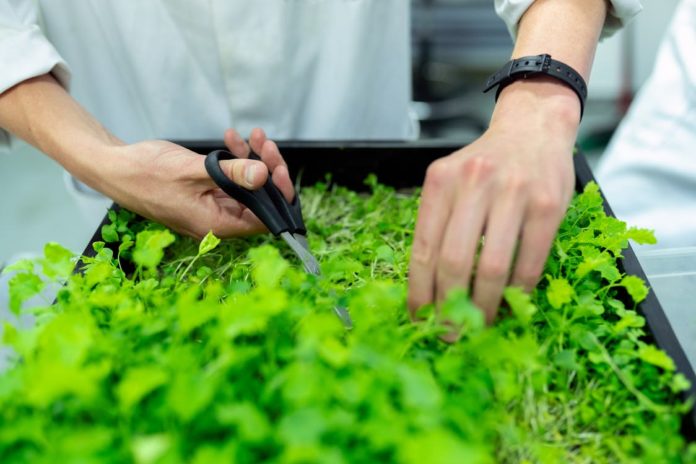- Agritech startups in Asia are gathering data-driven insights to make smart, sustainable farming decisions
- Tech like AI, IoT, and autonomous agri-vehicles are being supplemented with data to automate agricultural decision-making
Agrarian culture is a critical component of livelihoods in Asia. Perhaps it should come as little surprise then that industrious startups around the region are constantly looking at ways to complement age-old farming practices with modern agritech, that can boost crop yields while reducing risks and inefficiencies for farmers.
Agritech (agriculture technology) solutions have sprouted up across the continent to try and coax sustainable growth, but there is not one definitive system or methodology that can be applied to easily automate farm work, as planting and harvesting crops are subject to a variety of factors including rain fall, environmental factors, planting criteria, available machinery, and so forth.
In addition, the growing issue of food security is also drawing attention to the last of sustainable agricultural practices in the region. FAO’s The State of Food Insecurity in the World 2009 paper found that the majority of the world’s poor and hungry came from the Asia Pacific (APAC) region, and following the 2007-2009 economic recession, 642 million people were estimated to be suffering from hunger or were undernourished during that time.
There have been a number of agritech startups approaching the sustainable food production issue from multiple angles. As a result, agriculture that relies on internet of things- (IoT) enabled hardware and cloud computing to deliver actionable, real-time data has been a reality for some time now.
Some, like Myanmar’s emerging agritech industry, are utilizing crowdsourced, user-uploaded data to build out their database of information, or providing one-to-one consultations with agronomic experts to help resolve common planting issues.
Others, like international robotics firm FJ Dynamics, had focused on artificial intelligence (AI), advanced smart manufacturing applications, and developing new energy capacities. The company which has R&D facilities in China, the Netherlands and Sweden is now supplementing its existing skills with data, digital modelling, and automation toolkits that can have a transformative impact on farming practices in Asia.
Most of FJ Dynamics’ agritech solutions are anchored by data. The firm taps Microsoft Azure to retrieve and store vast swaths of precision data, and this is integrated with the Microsoft Azure Intelligent Cloud Platform to provide an IoT platform where autonomous vehicles affixed with sensors can collect and analyze data.
Furthermore, FJ Dynamics has a range of fully autonomous agritech vehicles including automated tractors, harvesters, and rice transplanters that not only transmit IoT data, but can have their harvest route mapped out digitally. This 3D model can be used to control the rice transplanter for instance, not in the route it takes, but also the dispersal of fertilizer and measuring soil nutrient levels using its sensors and onboard equipment.
“Once you set up a 3D model of the farm, you don’t need to modify it until you do some modification or construction work that alters the plot,” explains FJ Dynamics CEO James Wu. “So you can use it for many years.”
These smart vehicles also harness the advantages of data to schedule the daily, weekly, and seasonal tasks necessary to keep a working farm operating. An example would be using past planting season’s data to inform this year’s planting schedule, right down to spraying the exact amount of pesticides and herbicides required – reducing time and wastage on chemicals and other resources.
Farmers in China claim that FJ’s smart robots have helped to improve efficiency by 10%. “Since these autonomous agriculture robots can work for 24 hours, it helps reduce the time I spent laboring out in the harsh conditions of the field,” one farmer commented.
IoT-enabled agritech is really proving to be important towards accomplishing sustainable farming goals, as can be seen in this innovative pilot program in Vietnam that is gaining wider acceptance.
Elsewhere, a Malaysian industrial drone maker is providing another industry-disruptive tech that will provide end-to-end surveillance solutions for monitoring crop growth and other agriculture monitoring needs, in a smart agriculture market that is estimated to grow from US$13.8 billion in 2020 to US$22 billion by 2025, according to research firm Markets and Markets.



















